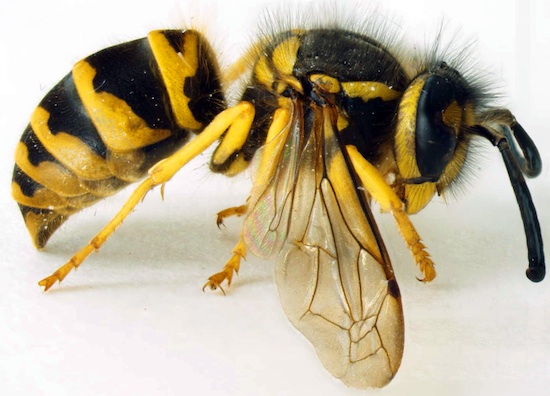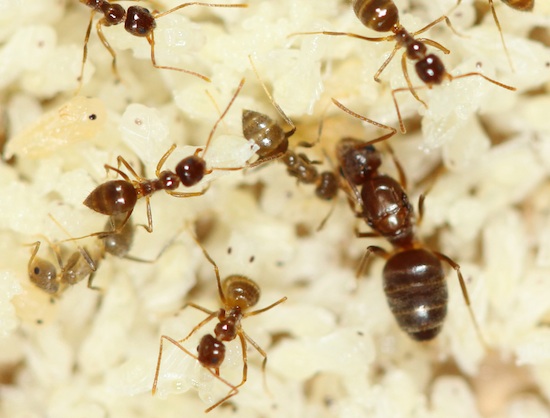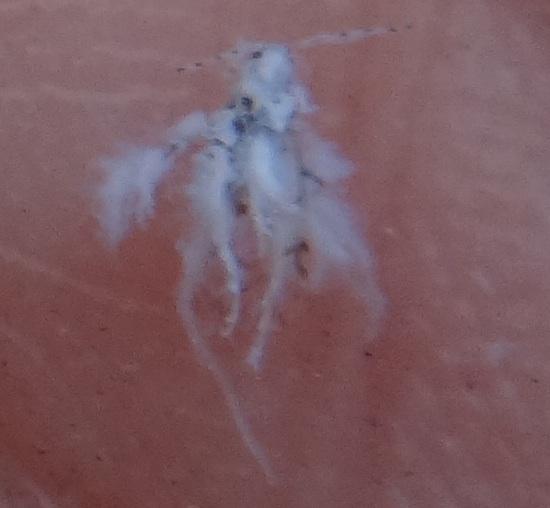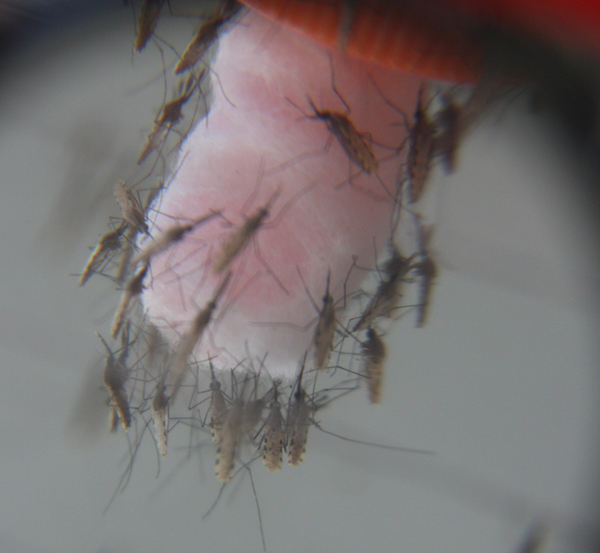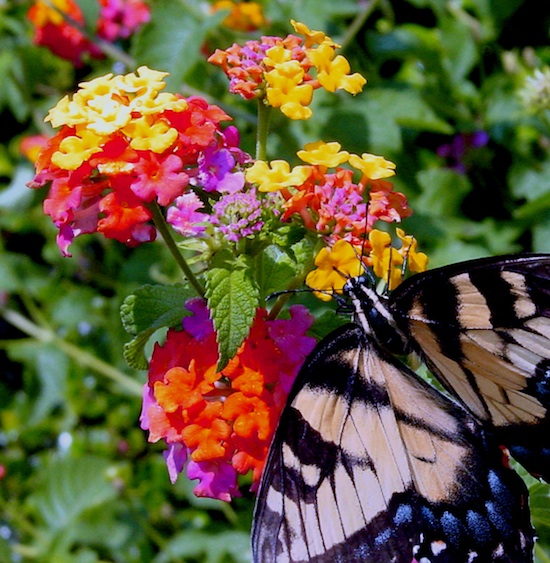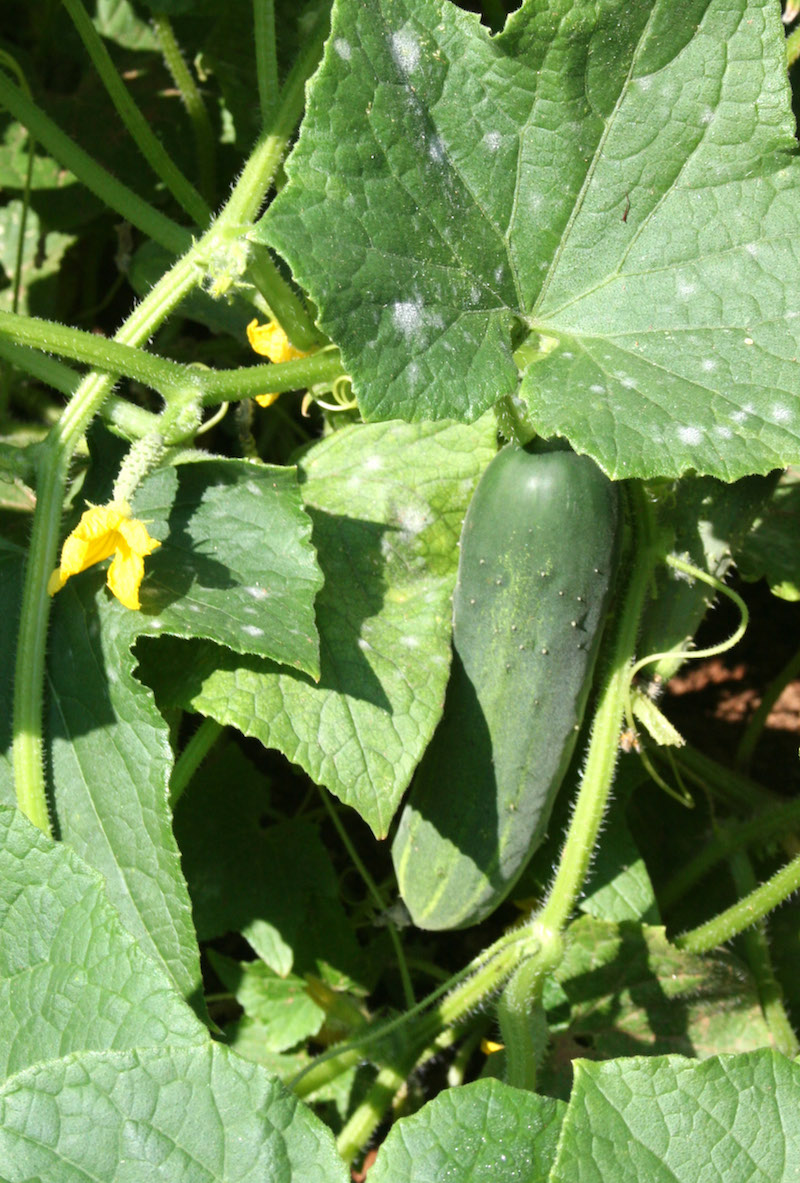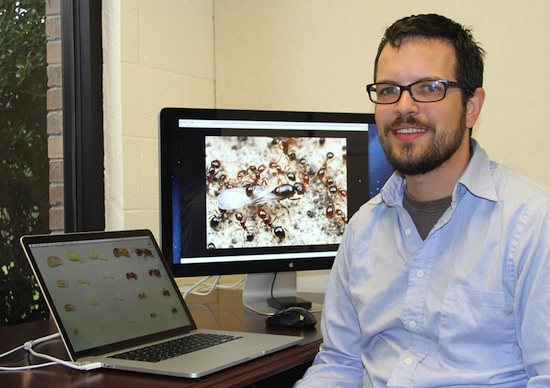 CAES News
CAES News
Fire Ant Genetics
A newly-hired University of Georgia entomologist hopes to develop genetic resources to understand fire ant success in the southeastern United States. Ultimately, this research could lead to new methods to reduce the number of fire ants inflicting pain on humans and taking over lawns and pastures across Georgia.

